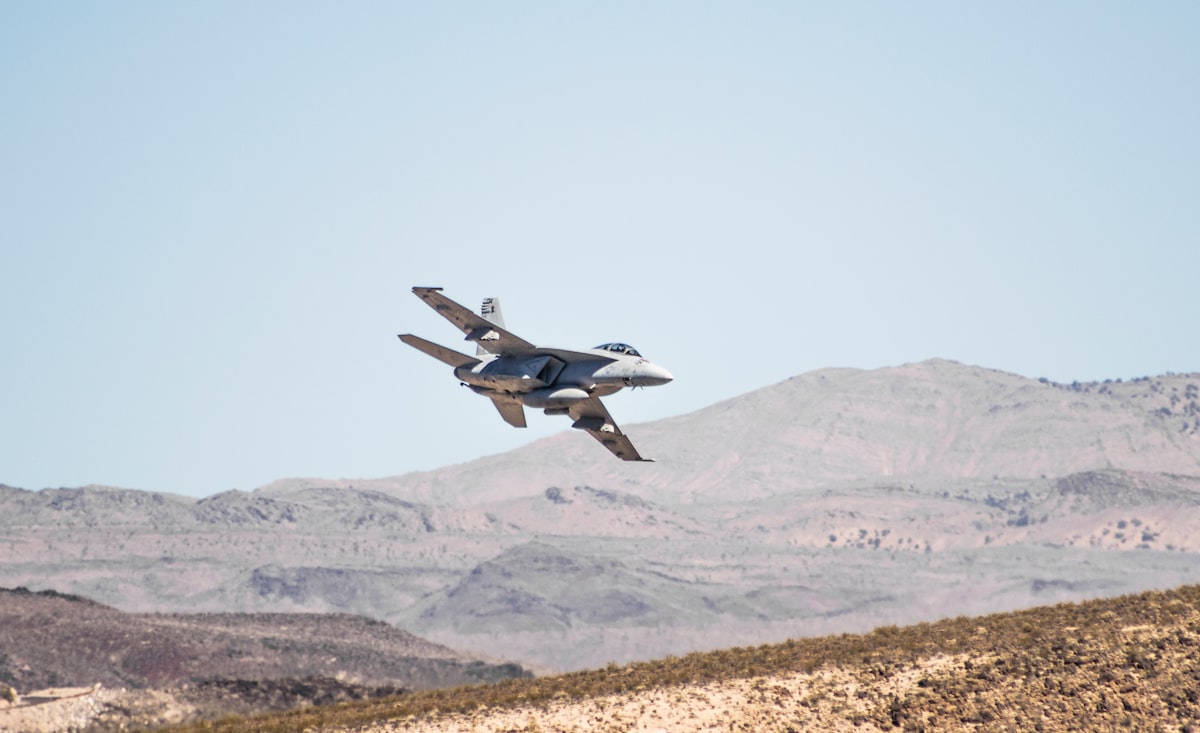The Bitcoin Peace Protocol: A Monetary Revolution Against the Economics of War

In the annals of human history, the grim dance between war and currency is as enduring as it is destructive. Nations, empires, and civilizations have risen and fallen on the tides of war, often fueled by the insidious manipulation of money. The debasement of currency, inflation, and the shackling burden of debt have been perennial companions of conflict, enabling the machinery of war to grind on, consuming lives and prosperity in its wake.
Yet, in the shadow of this ominous dance, a new dawn of monetary policy emerges, heralded by the enigmatic and incorruptible Bitcoin. A decentralized, finite, and transparent digital asset, Bitcoin stands as a sentinel against the traditional mechanisms of war financing. It is not a mere technological innovation, but a radical reimagining of money that bears profound implications for the future of human conflict.
The Traditional War Machine
To understand the revolutionary peace protocol embedded within the Bitcoin network, one must first confront the sinister alliance of war and fiat currency. Wars, with their devastating scope and scale, demand vast resources. Traditional fiat currencies, unanchored from the tangible value, offer governments the perilous power to fund wars through the printing press. Inflation, the silent thief of prosperity, is the inevitable aftermath, as the populace is subjected to the erosion of wealth and the spectre of economic instability.
Bitcoin: The Monetary Revolution
Enter Bitcoin, the antithesis of fiat’s malleability. Born from the cryptographic brilliance of an entity known as Satoshi Nakamoto, Bitcoin is immune to the whims of geopolitical power plays. With a supply capped at 21 million, the spectre of inflation is banished from the realm of possibility. Every Bitcoin transaction is recorded on a public ledger, the blockchain, ensuring unprecedented levels of transparency and accountability.
The Demise of War Financing
In a world where Bitcoin reigns supreme, the traditional avenues of war financing wither. The printing press is rendered impotent, unable to churn out infinite sums of devalued currency. The government’s ability to invisibly tax its citizens through inflation is thwarted. In this new economic landscape, the true cost of war is laid bare, unobscured by the smoke and mirrors of fiat manipulation.
Wars, thus, become an exercise in fiscal prudence. Every missile launched, every soldier deployed, and every resource expended must be accounted for in real-time, with the costs borne not in the future, but in the present. The populace, empowered by a currency that is as public as it is private, becomes the ultimate arbiter of war, not the silent and powerless witness to its devastation.
A Future of Peace
Bitcoin, therefore, is not merely a currency but a profound social and political statement. It heralds a world where the economics of war are not just transparent but unprofitable. In the unyielding mathematics of Bitcoin’s protocol, humanity finds a potent ally in the pursuit of peace. Wars become not the manifestation of political will but an economic decision, subjected to the rigorous scrutiny of a populace empowered by an incorruptible currency.
As we stand on the cusp of this monetary revolution, the implications of Bitcoin’s peace protocol are yet to be fully realized. Yet, in its cryptographic code lies the promise of a world where the alliance of money and war is not just challenged but dismantled. A world where the grim dance of conflict and currency yields to a future of transparency, accountability, and peace.
Saifedean Ammous: Fiat money paved the way for the 21st century to be defined by total war 👀😮 pic.twitter.com/izN0m0hx4E
— Bitcoin News (@BitcoinNewsCom) October 16, 2023
Comments ()